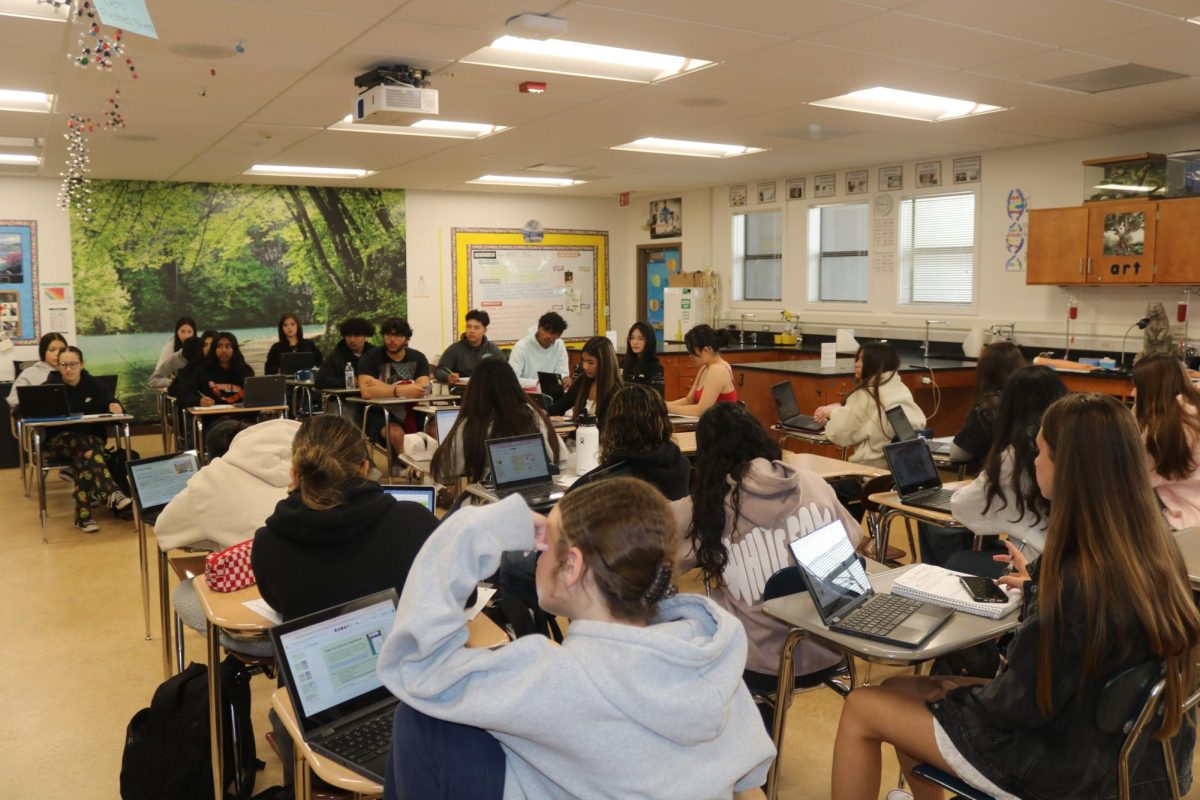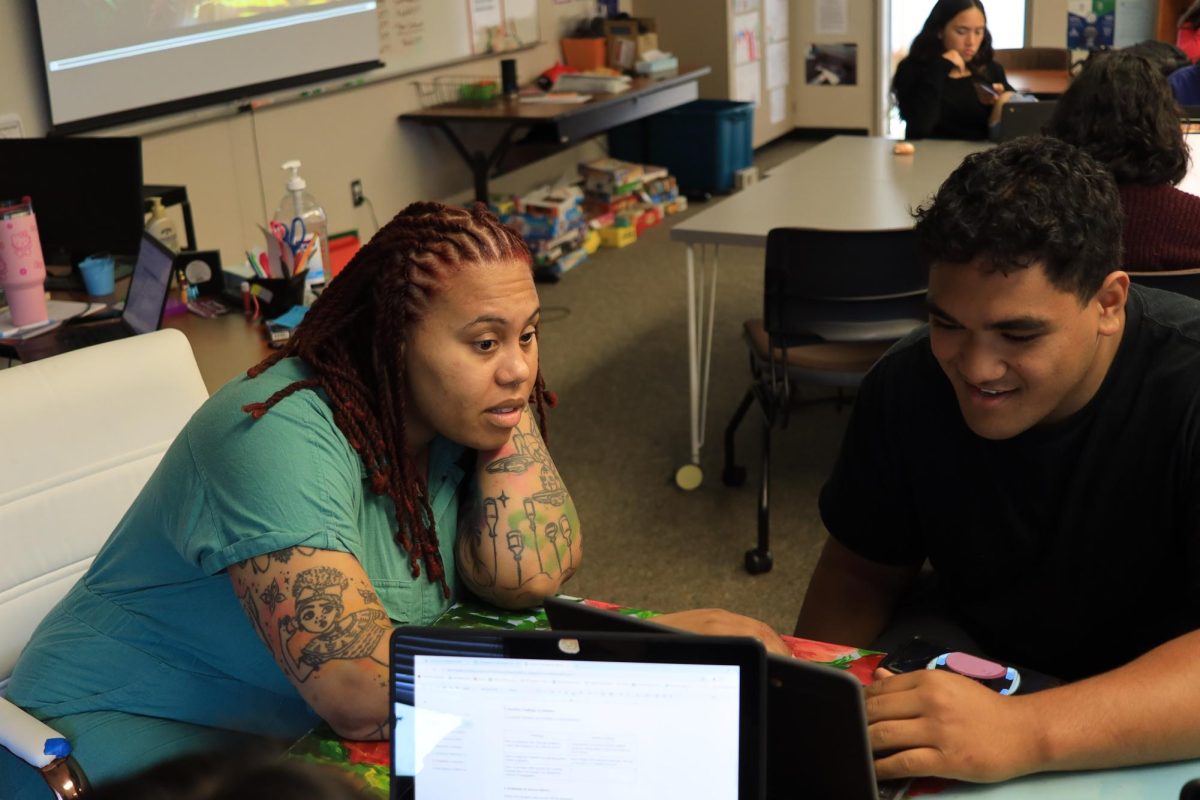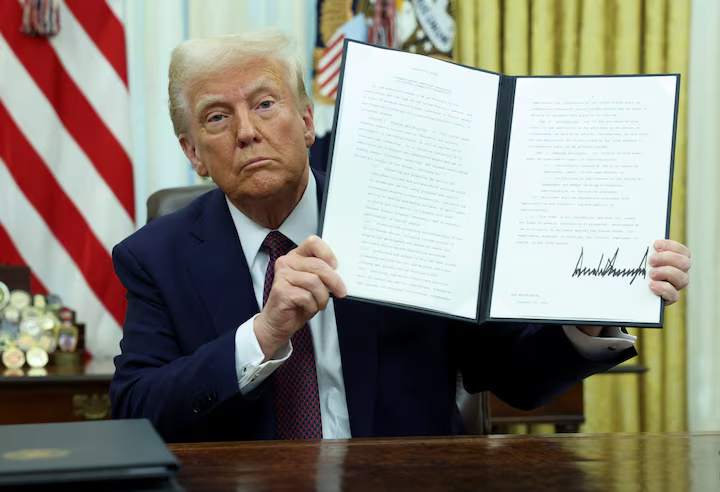
By Shalaka Gole
Even though the word “psychology” reminds one of leather couches and intrusive questions, it is actually more than that. By executing psychological abilities, students can actually improve their memory and become more successful in school.
One very important aspect of psychology is the process of memory. Memory allows people to learn about many things, both scholarly and social, and apply the information in day-to-day life.
First, people experience a sensory flash that can last up to a second. Next, the information is moved to short-term memory, which lasts about 20 to 30 seconds.
There, the brain decides which information is pertinent enough to be stored indefinitely, and passes that information along to long-term memory. About 50 percent of all information gathered is stored into long-term memory, and it is never lost.
The criteria by which memories are deemed important enough to permanently record varies from person to person, said psychology teacher Brandon Quick.
“I remember more facts than general theories,” said sophomore Raphael Egawa.
Raphael’s brain is wired to remember specifics of certain subjects that sometimes give him an edge in school.
“I don’t really study,” said Raphael, referring to the fact that his memory allows him to not study for tests that require the knowledge of specific information.
Other students find that, unfortunately, their memories don’t seem to help them as much with certain subjects.
“I remember more of events, but when it comes to memorizing formulas, it’s hard,” said senior Josephine Leu.
This difference in memory selection is simply a matter of preference, based on each person’s personality and background, Quick said.
Memory is also affected by how engaged a person is in their lesson. There are several learning styles. Mainly they are visual, auditory, or those having to do with hearing, and kinesthetic, or having to do with touch and movement.
Everyone learns using a combination of the three styles, but many people have a preference toward a certain one of them, making them more interested in that type of lesson.
Once students have recognized their preference, they can change their study habits to better suit their learning style.
Sophomore Megan Williams finds she has an ear for song lyrics, knowledge she uses to help her study.
“It helps to put it in a mini song, and sing it back to yourself when you need it,” she said.
Quick analyzes his own learning style as kinesthetic, or learning that comes from performing an action.
“Kinesthetic learning gets your body moving around,” said Quick.
Kinesthetic activities in classrooms can include games, science labs and assignments that send students looking for information around the room.
Movement will create the memory of the event in the classroom, as well as a memory of the actual information, creating a double record of the lesson.
“The best memories are encoded twice,” said Quick. “It’s like backing up your files.”
But sometimes, students find all the information they take in cannot always be found when needed.
“I can’t remember math formulas or Spanish translations,” said Megan, implying she has difficulty remembering information in unfamiliar subjects.
It might seem that the information is gone from the brain. But when information is forgotten, it is not technically lost, only the “directions” to the information are lost.
Each time a memory is recorded, a physical change takes place in the brain. The more times a pathway linking information is used, the stronger the physical connection, and the more easily that particular memory can be retrieved.
Josephine utilizes this idea to study.
“I retype and reread things,” she said.
She uses kinesthetic and visual learning styles, and strengthens the pathways to information she knows she will need by traversing those pathways multiple times.
With an understanding of personal learning styles, and knowledge of study tactics that are more scientifically effective, psychology can help students enhance their learning habits.




